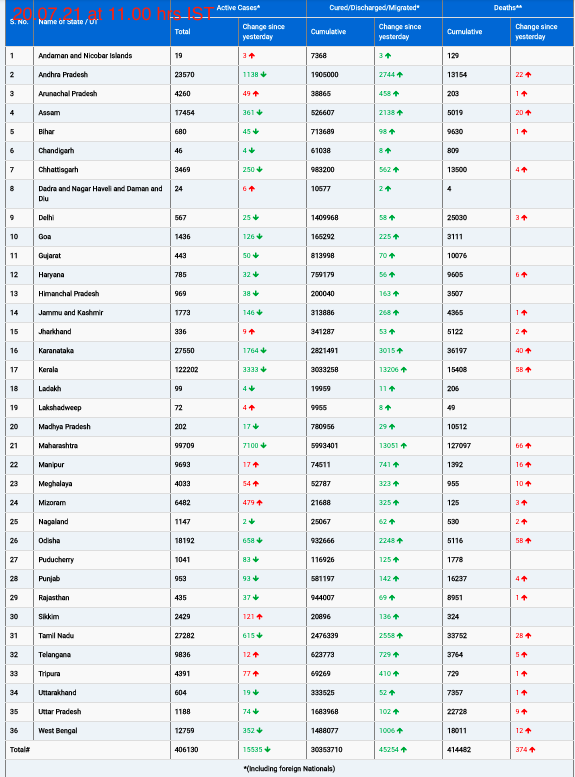February 16, 2024
A recent study conducted by Uppsala University in Sweden has raised concerns about the potential link between the herpes simplex virus and an increased risk of developing dementia. The study, based on a cohort of 1,000 individuals aged 70 and over, followed over a 15-year period, has highlighted that individuals who have been infected with the herpes virus at some point in their lives are twice as likely to develop dementia compared to those who have never been infected.
Published in the Journal of Alzheimer’s Disease, the study adds to the growing body of research suggesting a possible association between herpes simplex virus infection and dementia risk. Herpes simplex virus is a common infection, with symptoms that can vary in severity and recurrence throughout a person’s lifetime. Despite many individuals being asymptomatic, the virus remains lifelong in the body.
Erika Vestin, a medical student at Uppsala University, emphasized the significance of the study’s findings, particularly its confirmation of previous research on the herpes virus’s potential role as a risk factor for dementia. Notably, the study’s participants were of similar ages, enhancing the reliability of the results by minimizing age-related confounders commonly associated with dementia development.
With approximately 55 million people worldwide affected by dementia, the study underscores the urgency of further research into potential risk factors and preventative measures. While advanced age and genetic factors such as the apolipoprotein E4 risk gene are established risk factors for dementia, investigations into infectious agents such as the herpes virus provide additional insights.
The study’s findings prompt the need for continued research into the potential benefits of existing anti-herpes virus drugs in reducing dementia risk and the development of new preventive strategies, including vaccines. Vestin highlighted the potential for advancing dementia research by exploring early-stage treatments utilizing common anti-herpes virus drugs or implementing preventive measures before the onset of the disease.
As researchers delve deeper into understanding the complex interplay between infectious agents and neurodegenerative diseases like dementia, studies such as this contribute crucially to shaping future strategies for diagnosis, treatment, and prevention. With the prevalence of dementia expected to rise globally, addressing modifiable risk factors like herpes simplex virus infection becomes imperative for mitigating the burden of this debilitating condition.
The study’s implications hold promise for the advancement of dementia research and the development of targeted interventions aimed at reducing the burden of this prevalent and challenging neurological disorder.











